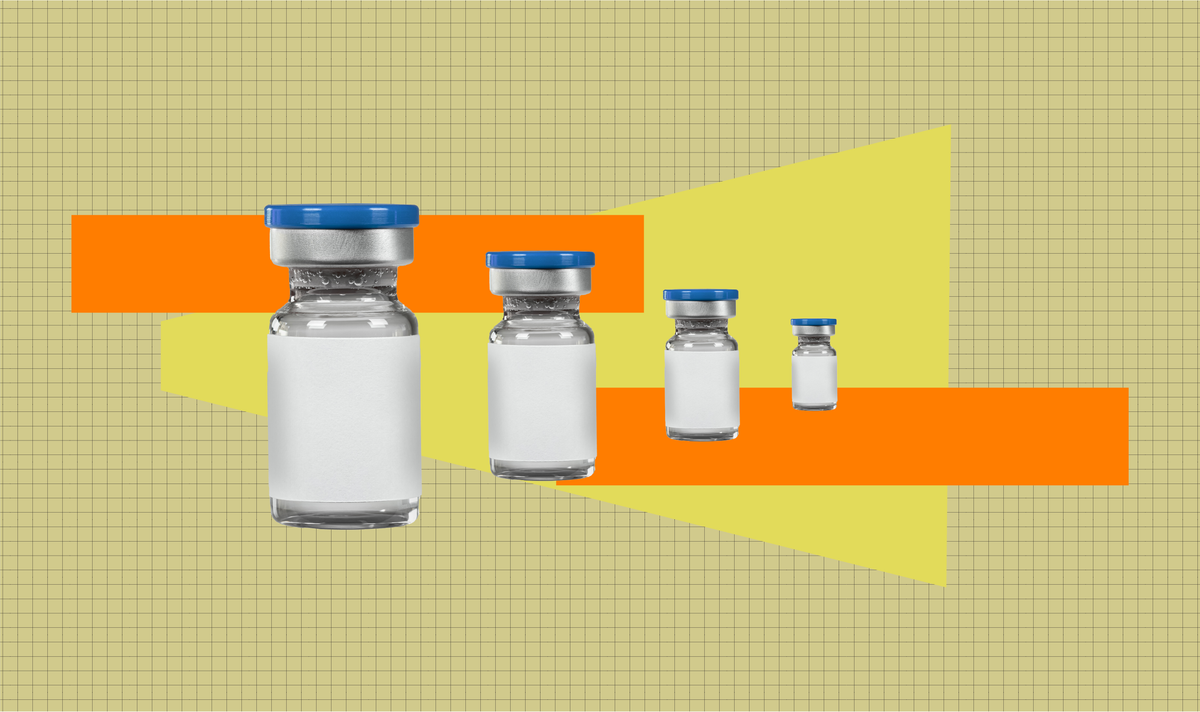European social media users share unfounded concerns about self-amplifying mRNA vaccines

Other posts discussed the world’s first gonorrhea vaccine.
Popular social media posts fueled conversations about self-amplifying mRNA (saRNA) vaccines. Other articles and posts highlighted the world’s first gonorrhea vaccine, which will be available in the U.K. later this summer.

Insights brought to you by the reporters and science writers of Public Good News (PGN), a nonprofit newsroom dedicated to improving community health.
In early June, three Italy-based X users shared posts discussing saRNA vaccines, which make copies of their genetic material once they’re inside the body. The posts, which received thousands of views, alleged that saRNA vaccines are a “threat to humanity” and “poison.” Comments on the posts claimed without evidence that saRNA vaccines are unsafe and that those who get saRNA vaccines—which are not yet approved for the public—could “transmit” their vaccines to unvaccinated people.
In May, the U.K.’s National Health Service announced that the world’s first gonorrhea vaccine will be available in the U.K. starting in August. Social media users discussed the news across platforms. While many celebrated the vaccine, others falsely claimed that no vaccines are safe. Some suggested without evidence that the vaccine is an “experiment” on marginalized populations, since articles reported that it will most likely be available for “gay and bisexual men with a history of multiple sexual partners or an STI.”

Recommendations brought to you by the health communication experts behind Infodemiology.com.
Health messaging recommendations
Each week, the Infodemiology.com team will provide messaging recommendations in response to some of the trending narratives outlined above. These helpful tips can be used when creating content, updating web and FAQ pages, and developing strategy for messaging about health.
In response to unfounded concerns about saRNA vaccines, messaging may explain that saRNA vaccines may produce a stronger immune response than other types of vaccines and could be less expensive to produce, so researchers are investigating how saRNA technology could create better vaccines for diseases like COVID-19 and the flu. However, no saRNA vaccines are currently approved for the public. There is no evidence that people who receive saRNA vaccines could transmit the vaccine components to others.
As social media users discuss the gonorrhea vaccine, community organizations and health care providers in the U.K. may explain that gonorrhea is a sexually transmitted infection that causes painful urination, discharge, and genital pain and swelling. If left untreated, the infection can spread to other areas of the body. Messaging may note that the gonorrhea vaccine uses the 4CMenB vaccine, which is already part of the U.K.’s routine childhood vaccination schedule for meningococcal B disease. Beginning in August, it will be offered to groups at higher risk of contracting gonorrhea, including gay and bisexual men who have multiple sexual partners or who have recently contracted an STI. Health officials hope that the vaccine will reduce the number of gonorrhea infections in the U.K., which soared to 85,000 cases in 2023, the highest number of cases on record since 1918.
